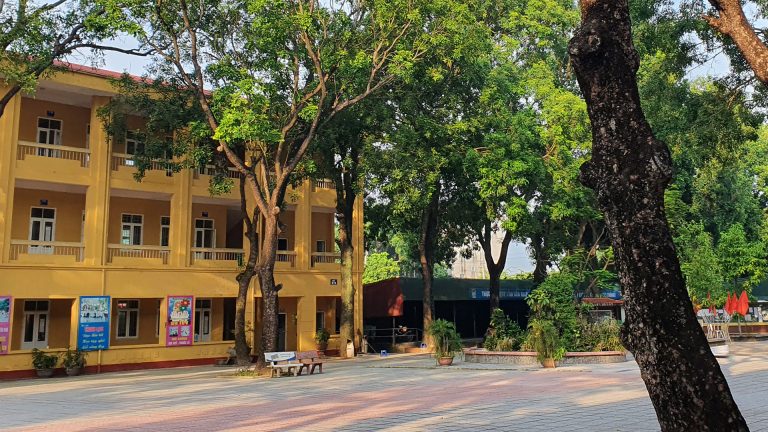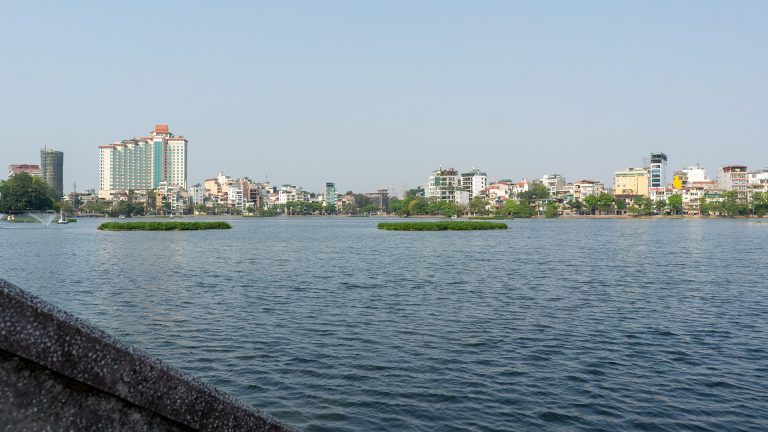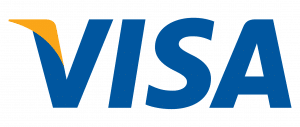ESL Jobs in Vietnam
As Vietnam continues to open up, with booming tourism and manufacturing sectors and with increasing numbers of students looking to complete their studies abroad, the demand for teachers of English as a Second Language keeps growing. Additionally, ESL jobs in Vietnam come in a variety of different flavours: both schools and language centres here hire foreign teachers to supplement the English education their students are already receiving by focussing on fluency and pronunciation, and the number of opportunities available here is staggering.
Teaching ESL in Vietnam can be a really rewarding experience, too. Students tend to be intelligent and attentive, the wages are good and the cost of living is still low, and the country itself is absolutely gorgeous. If you decide to come here to teach, the type of job you get when you arrive will play a big part in determining how good an experience you have. This article’s all about giving you a sort of general overview of the main types of ESL job available here so that you can choose the one that’s right for you.
Language Centres
Language centres are where local parents send their children to supplement the education they’re already receiving at school. You’ll see them all over the major cities and they can be great places to get started since they’re ubiquitous and open all year round, unlike public and international schools which close for Summer.
Actually, even if you decide to teach at a public school you’ll almost certainly still be employed by one of these centres since many of the larger ones supply public schools with ESL teachers as well as conduct classes of their own. If you’d like to find out more about the process of getting a job here you can check out our guide on how to find an ESL job in Vietnam. It goes into a fair bit of detail, listing the best practices as well as a few common pitfalls.

General Info
- $20 to $25 an hour (often more for specialised subjects like Business English and IELTS)
- evenings and weekends
- 12 to 15 students
- usually 1.5 hours with a short break in the middle
- all ages, but the vast majority are still at school
Pros and Cons
- Plenty of work throughout the year.
- Small class sizes compared to public schools, with minimal lesson planning since there are usually plenty of teaching materials provided.
- Many teachers would prefer to have their evenings and weekends free. This isn’t usually possible at language centres since they operate only when schools are closed.
- Unless you’re on a full time contract, it might be hard for you to get your language centre to sponsor your work permit and visa/residency card.
- Because licensing is less strict than in other countries, stories occasionally crop up of teachers being treated unfairly by their centres. Try to choose an established, reputable one.
Public Schools
One of the other best ESL jobs in Vietnam is being a teacher at a public school. Teaching at a public school can be great because it gives you the opportunity to really participate in the local culture. You’ll be working closely with Vietnamese teachers and will likely be invited to participate in school ceremonies on occasions like New Year and International Women’s Day, which are taken quite seriously here and are always great fun.
This type of work is more formal than language centre work, though, with longer hours and fewer days off. And class sizes tend to be very large, usually around 40 students. At the same time, the increased number of hours means you’ll be making more money!

General Info
- $20 to $25 and hour
- Monday to Friday (sometimes Saturday), early morning until about 5PM
- around 40 students
- 45 minutes (sometimes 35 minutes for younger students)
- from kindergarten all the way up to high school
Pros and Cons
- Reliable schedules and hours.
- Teaching at a public school means you’ll get to really participate in the local culture.
- Mornings can be brutally early: most schools start at about 7.30 am!
- The Summer vacation, like in the West, is long. Most expat public school teachers here use this time to visit friends and family back home, or supplement their income by working privately or at language centres. Other than this and a week or so for Lunar New Year, Vietnam doesn’t have many public holidays so you’ll only really have your weekends to travel and explore the country.
Private Lessons
Many teachers here supplement their income by organising private lessons. Some do this by themselves while others, perhaps the majority, work with local colleagues they met, say, at their day jobs.
The advantage of working with a local is that he or she can can help you liase with your students’ parents to get things like a location (usually a small rented classroom), a set of materials and a schedule organised and agreed upon. Naturally, this is less necessary if your students are older and already speak some English, and teachers in this situation tend to run their lessons out of coffee shops or their apartments.

General Info
- up to you of course, but most teachers earn between $15 and $30 per hour
- again, up to you, but usually evenings or weekends
- this varies, but the younger the students are the larger the class tends to be
- usually 1.5 to 2 hours
- all ages but, again, the greatest demand is from younger students
Pros and Cons
- You have more control over when and where you work, and not having a contract means you’re free to leave a job you feel isn’t working out without any repercussions.
- You’re free to organise and run classes as you see fit.
- While a lot of teachers do this, it’s technically illegal since it’s all under the table. Most private teachers also have full time jobs which take care of their work permits and visas.
- You have to organise all materials yourself, so this type of jobs is best for teachers with prior experience, who have a good idea of the lay of the land.
- You have to advertise and source students yourself.
Online Teaching
This type of English teaching work has been around for a while, but really exploded when a lot of ESL teachers found themselves out of work during the lockdown that happened in response to 2020’s Wuhan Coronavirus outbreak. All you need is a laptop, a mic and a stable internet connection and you can be teaching students from all around the world (but mainly China) in no time. This type of work is popular among the digital nomad types who value being able to move around at their leisure.

General Info
- about $12 to $22 per hour
- up to you: your company will give you a variety of times to choose from
- quite small, often one on one
- usually about 30 minutes
- all ages but, yet again, the greatest demand is from younger students
Pros and Cons
- You’re not tied to one city or location.
- The wages are good and the cost of living here is low, so what you do get paid goes quite far.
- The format isn’t ideal: most teachers still prefer the human interaction you get in a classroom.
- Like with private classes, you won’t be able to get a sponsor for a work permit, visa or residency card.
Other Types of Teaching Work
So, these are the main types of English teaching work you can find here in Vietnam but there are others which, for one reason or another, are a little less popular.
International Schools
Some international schools hire ESL teachers to help their students improve their fluency and pronunciation, and these kind of jobs are similar to high school work except the level of the students tends to be higher and the facilities tend to be better.
Most international schools will also hire foreign teachers to teach subjects like English and Maths but most of the time they’re looking for professional teachers, requiring qualifications identical to those required by schools back in the West.
Universities
ESL teaching jobs in Vietnam are less common at universities than at schools and language centres but they do exist. Like international schools, universities employ a mix of qualified lecturers and supplementary ESL teachers.
Summer Schools
The Summer break here in Vietnam is quite long and many parents, perhaps the majority, keep their children in education during this time. Some go for private tutors, others opt for Summer schools which are essentially intensive courses at language centres. This can be a good option for school teachers who’d like to make some extra cash over the Summer break.

Get on over Here!
You now know the different places that you are likely to find work and you can se which of these is most likely to suit you and your situation. This now means you are probably ready to make the leap and get over here.
Finding flights and getting a tourist visa are easy enough to do. However, do the the current COVID restrictions, you may find that you need to quarantine for 2 weeks. This is changing quite often and is something you will need to look into.
You can easily switch your visa to a work permit and the school you work for will help you to do that. Then, you will be working legally and should find that you can earn enough to recoup the costs of getting over here.
Come on over.















